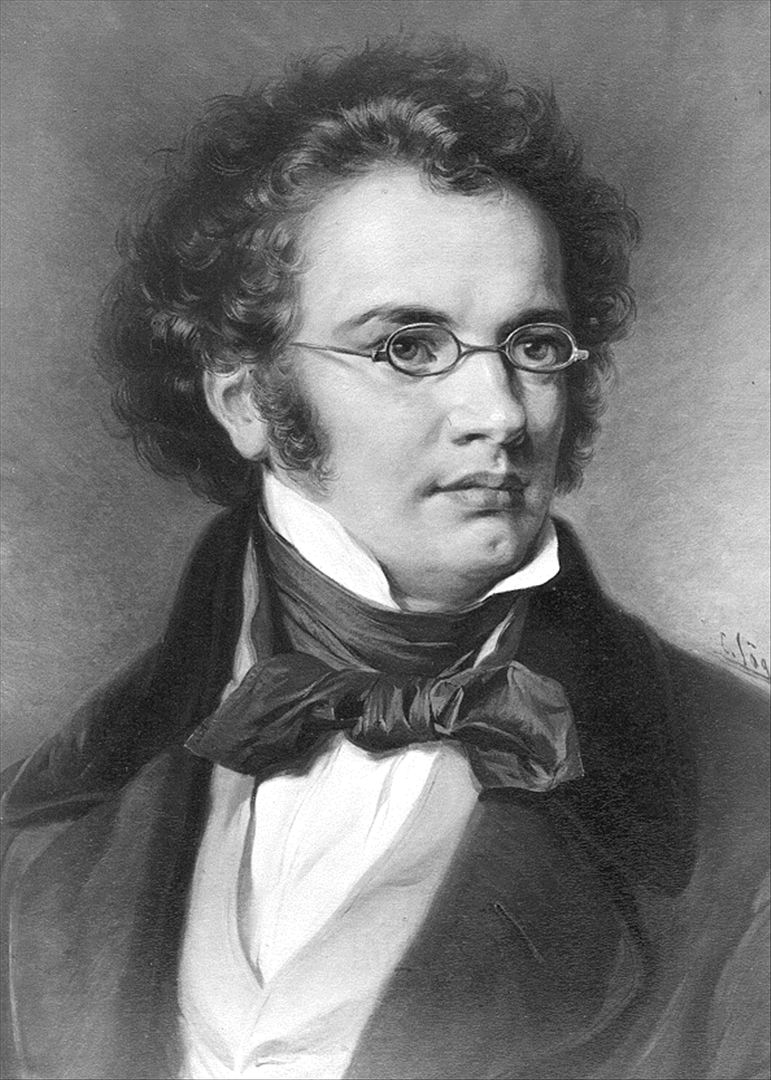Of the three Old Master composers whose sexual preference has been speculated on in recent years, the case for Beethoven is the least convincing, positing sexual tension in his strained relationship with his nephew Karl. The Handel argument is circumstantial but persuasive, based on the social circles he frequented as a young man in Italy and the fact that, as Seattle keyboardist
Byron Schenkman once put it, “he spent his life in showbiz,” concentrating on opera quite successfully for much of his career. As for Schubert: Given what we know of his life and the lives of his closest friends—while acknowledging the problem of mapping a contemporary identity onto a 200-year-old culture—which conclusion is more plausible: that his primary emotional attraction was toward men, or toward women? I say the former. Is this proof? Of course not; you can’t prove a preference. But music-historical consensus has moved him from the hetero to the homo column. (Certainly no one any longer regards it as an offense to raise the issue?)
The obvious follow-up question, this being Pride Month: What does it matter? Should we think about his music, or hear it or play it, any differently? Schenkman, for one, says it’s made a difference to him—not as regards any aspect of the music itself, but in his relationship to it: “I grew up thinking that I was fundamentally different from just about everybody else, including the composers I most admired. I feel happier and more at ease playing Schubert’s music knowing that he might have struggled with (and hopefully also enjoyed) some of the same feelings I have had.” He’ll play the “Trout” Quintet and the “Arpeggione” Sonata, plus a trio by Schubert’s contemporary Johann Nepomuk Hummel, on the final concert in his “Byron Schenkman and Friends” series. Benaroya Recital Hall, Third Ave. & Union St., 215-4747, byronschenkman.com. $10–$42. 7 p.m. Sun., June 15.




